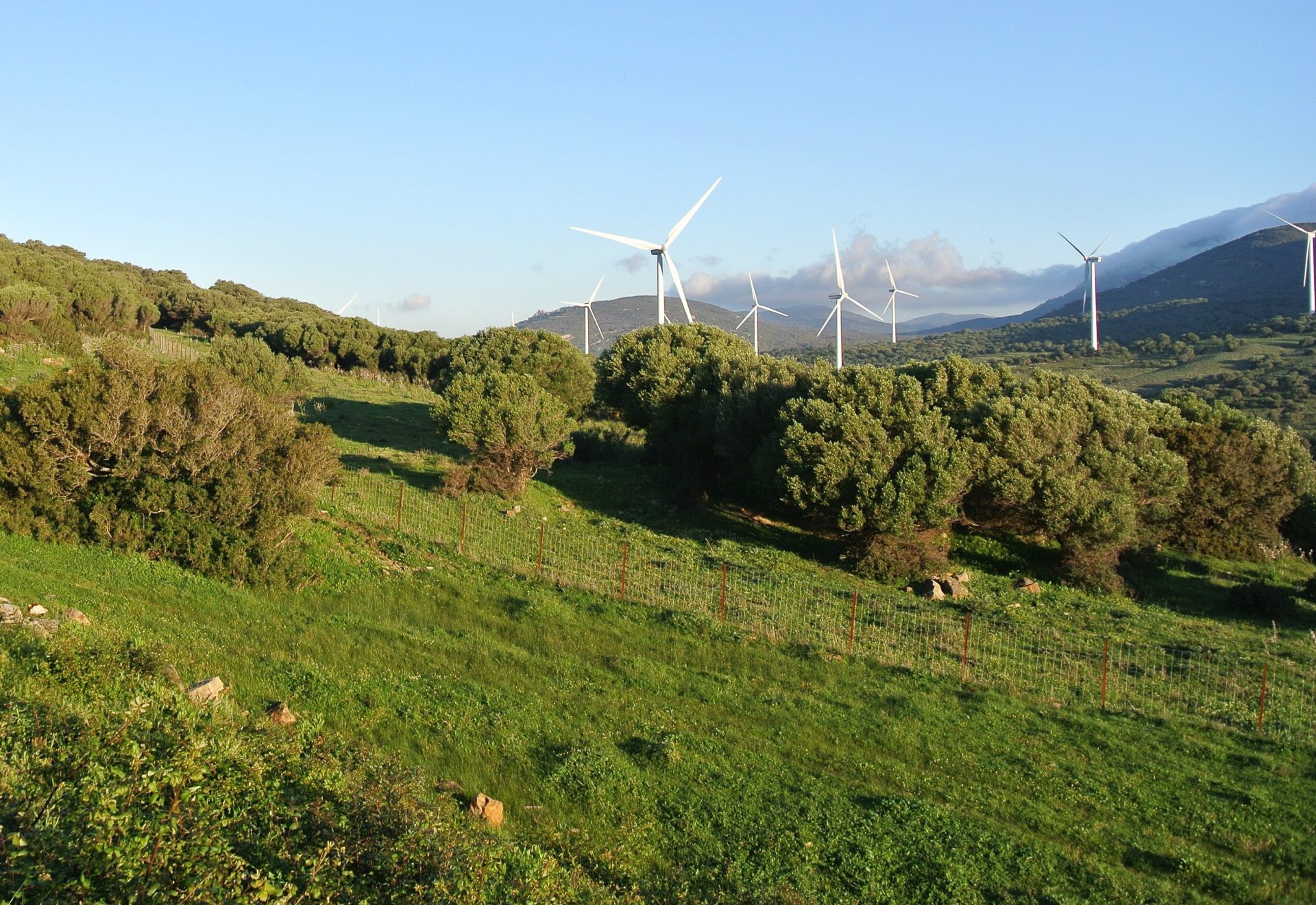Making choices to address the energy and climate transition: integrated energy and economic models for the decarbonisation of the public and industrial sector
In the current context of the fight against climate change, the EU's commitment to decarbonising the economy by 2050 is the basis for an energy transition process. This transition will result in a structural change of the energy system, with profound implications on the economic and social model.
e3s Integrated Modelling System
Within the framework of the BIDERATU initiative, an e3s (energy, economic, environmental, social) integrated modelling system has been developed to support strategic decision-making by public administrations and the industrial sector in relation to the energy transition towards a circular, low-carbon and sustainable economy.
Need for assessment tools
Over the coming years, each Member State and their constituent regions will face the process of defining a vision and a roadmap to achieve a climate-neutral economy by 2050. Therefore, public administrations will have to make many decisions associated with decarbonisation that will have consequences beyond the energy context itself.
- There is a growing need to explore ways of transforming the energy system. These paths must ensure a socially fair and sustainable transition, contributing to modernising the industrial sector. They also need to incorporate the uniqueness of the geographical area under study (in terms of economic structure, building stock, mobility, climate, natural resources, etc.).
- At a regional and local level, there is a significant lack of detailed tools to guide the assessment of the effects derived from the deployment of potential strategies and policies.
- While commercial tools for energy planning exist, the efficient and comprehensive definition of a decarbonisation roadmap requires a holistic, evidence-based assessment combining multiple analyses. It must also incorporate the direct, indirect and induced impacts generated in the environmental, social and economic dimensions.
Programme
This webinar is aimed at entities from the energy sector, the industrial sector and public administrations and will address the following topics:
- Introduction: context and need
- Integrated energy and economic models to support strategic decision-making in the context of decarbonisation
- BIDERATU Integrated Modelling System
Speakers
- Eneko Arrizabalaga, senior researcher at TECNALIA.
- Iñaki Arto PhD, energy expert at BC3, Basque Centre for Climate Change.
- Joan Manuel Fernandez PhD, expert in circular economy and industrial sustainability, Mondragon University.

